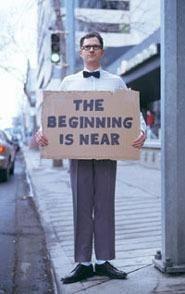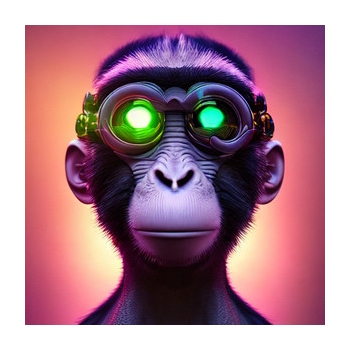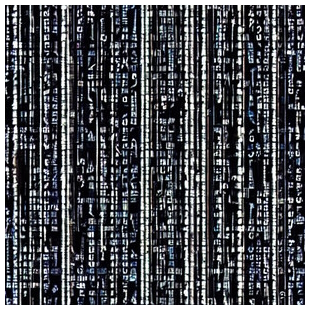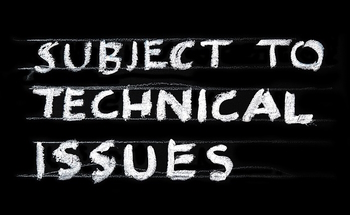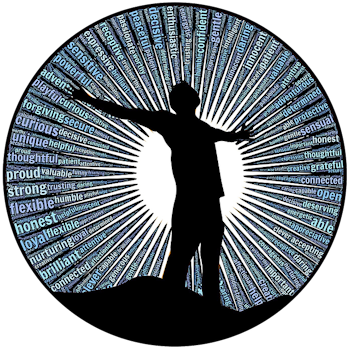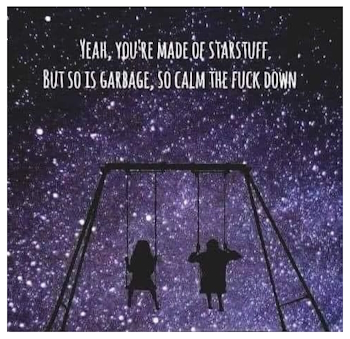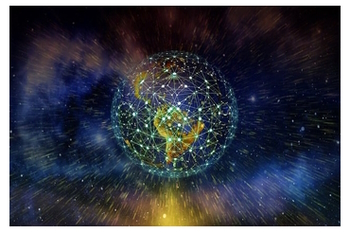
When I wrote ‘Artificial Extinction‘, I briefly touched on coverage related to artificial intelligence here in Trinidad and Tobago. It’s hard to explain just how out of mind it is, so I’ll just write a bit of the local scene.
Today, as I stood in line waiting an annoying amount of time waiting to pay for the 5l bottle of water at a local convenience store, I glanced at the headlines. As usual, there was someone having trouble with something at the head of the line, the other register was closed, and the line formed.
One of the benefits of that line is that I get to run my eyes across the front pages of the local newspapers: Newsday, Trinidad Express and Trinidad Guardian.
The Rastafarian gentleman in front of me found something of interest in the Trinidad Express. I saw something about the need for Constitutional Reform, a picture of “Indian Arrival Day Stalwarts”, ‘Paradise in Peril’ and a plea from the mother of a kidnapping victim. Having been back and forth over the decades, the news seems to say the same with only names changing. The politicians play politics, the crime has spiraled so long that it is now in control of the criminals, and nobody has fresh ideas. They all seem to be foreign and abused ideas, much like some of the used cars you can buy from Japan.
This is the canvas upon which local news is painted daily. I thought about seeing Trinidad and Tobago represented on Planet Earth (Episode 6) through Grand Riviere Village’s volunteer work to assist and protect the leatherback turtles. when I did a web search, I found the leatherback turtle site offline (something I’m considering digging into). That’s a shame. Keeping a website online for something with international attention seems important.
I get home, walking past the condo’s office, I wave briefly at the administrator who was busy talking with someone. 15 years as a corporate secretary, retired, decades of experience that could soon be replaced with something purchased off the shelf. The latent thought of my own experience being replaced looms quietly in the background as I enter the elevator, my thoughts on how to connect the local perspective on technology and thus artificial intelligence to the larger global perspective of “this could end very badly“.
My friends and neighbors are more worried about their family’s security than some online application spitting out gobs of text when asked a question. In a land where there are no questions, no one needs an oracle. The economic diversity of Trinidad and Tobago is simply not there, the oil money stolen or squandered (or both), and the youths see increasingly little opportunity outside of crime, as we talked about while I was at the barber shop last week.
Artificial intelligence is not going to help with these things, because these are largely broken systems that those who profit from do not want to fix. ChatGPT can go blue in the face telling the politicians what they should do. They’ve been told what it has to offer thousands of times before over the decades. The faces largely have not changed, only grown older and in one case distinctly more cadaverous.
Years ago, I had a Minister message me once because something I wrote, and he asked where I got the data from – I cited the source that he should have been aware of, the open data portal of Trinidad and Tobago. He was agog. He’d been asking for that information for over a year and no one seemed to know where it was. The website has since been updated, the data not so much.
Meanwhile, the largest employer in Trinidad and Tobago is the government, where many good people participate in overcomplicated wheels of bureaucracy. We could use technology to replace much of that, but then where would the people work? And since they vote, who would they vote for if they lose their jobs?
With this context, now, I can now discuss AI in Trinidad and Tobago in the context of jobs, particularly the last 3 paragraphs:
“…Taking charge of this rapidly evolving scenario of workplace change will demand one fundamental and overdue evolution in governance, the continuous gathering and distribution of actionable information about how this country operates.
It was a note that Jonathan Cumberbatch, Assistant VP, Human Resources and Administration at UTT touched on cautiously when he noted that, “Data drives most of the conversation outside of TT, but we don’t have a sense of that in TT.”
The propensity of governance to proceed on feelings, hunches and political expedience might have worked in the past, but the national distaste for transparently gathered, publicly available information cannot continue into an era hallmarked by a reliance on reliable, continuously updated datasets.”
“AI and your job“, Mark Lyndersay, TechNewsTT and BitDepth#1408 for May 29, 2023
Of course, it wasn’t a global roundup of people related to AI, just those with local interests talking to the local Chamber of Commerce related to their products. Microsoft was definitely there, others… not here.
The short answer is that Trinidad and Tobago isn’t ready. Neither is most of the rest of the world, which is why there’s concern by some. I’ve seen firsthand government offices and even business offices completely ignore data driven approaches. Just recently, I proposed starting with the basics in the condo’s office, only to hear that without actual data they’re just pushing forward into a ticket system to solve all the problems. In time they will find it creates new ones, but that will be another story.
The point is that if you can’t even do data driven stuff, keep a volunteer website up when there’s international attention, the wave of artificial intelligence that will drive the world economy will leave many people stranded on islands, perhaps even twin island Republics. What will be done about this?
Maybe they’ll talk about it in Parliament. Then, if history repeats itself, nothing will happen.
Or, things could change. Things definitely should change, but those changes need to happen faster and faster as the government slides into the Pitch Lake, dragging it’s citizens with it. .
